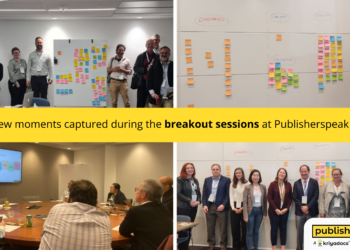This week, Thomson Reuters promoted its prediction of 2011 Nobel Laureates. There is a high correlation between citations and what Eugene Garfield called “peer esteem,” esteem that often results in awards — like the Nobel Prize. And since Thomson Reuters sells citations as a theory of impact, tying it to esteem and prizes provides a useful marketing angle for the company.
In 1992, Garfield published an article observing a high correlation between citations and Nobel Prize winners. But is the Nobel Prize the focus of discussions only because it’s widely known? In 1977, Harriet Zuckerman at Columbia University observed:
Every year, more scientists are eligible for Nobel Prizes than can win them. This means that there has always been an accumulation of ‘uncrowned’ laureates who are peers of the prize-winners in every sense except that of having the award.
So, counting citations only tells you who might possibly win the award, not predict the winner accurately. Thomson Reuters seems to have about a 1 in 4 chance of correctly predicting the Nobel Prize winner. Even they admit that getting the pick precisely right is “more luck than skill.”
So while citations might predict who could possibly win the Nobel Prize, there are so many potential winners in each field that citations prove to be an imprecise predictive tool.
Who will win the Nobel Prizes this year? You could count citations, or you could just ask a few people in the field you’re interested in.
Either way, there obviously aren’t enough Nobels to go around in today’s scientific establishment.




